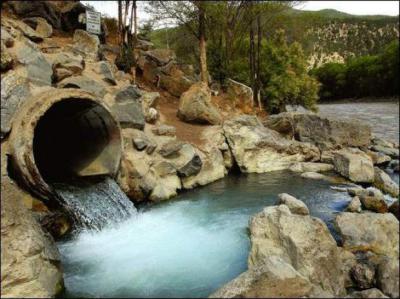Address:
80 Main Street
Senoia, GA 30276
Phone: (770) 599-3679
Fax: (770) 599-0855
Senoia Stormwater Utility
The Mayor and City Council of Senoia have approved a stormwater utility and user fee system to address priority stormwater drainage issues and to comply with the regulatory requirements imposed by State and Federal agencies. The monthly user fee charge rate will be $5.00 per billing unit and the billing unit is set at 4,400 square feet of impervious surface. The typical residential customer will be charged one (1.0) billing unit and $5.00 per month. The stormwater user fee charge will appear as a separate line item on the monthly utility bills beginning in July 2016.
The stormwater user fee charge is based on impervious surface (i.e. rooftops, driveways, parking lots) because impervious surface has a direct correlation to the amount of stormwater runoff individual properties discharge to the City’s drainage system. Customers that reduce their impact on the City drainage system though approved credit practices such as detention ponds will be eligible for a reduction on their monthly storm water user fee charge. One of the primary benefits of utilizing a fee-based system to fund the City’s stormwater management program is that it ensures that all developed properties pay their fair share of the costs to manage their stormwater run-off impacts and for the cost of the storm water services provided by the City to that parcel and/or customer.
The City of Senoia chose a stormwater user fee charge as the most equitable method available to fund implementation of the City’s stormwater management program as required by the National Pollutant Discharge and Elimination System (NPDES) Phase II Municipal Separate Storm Sewer System (MS4) Permit. The City was recently designated as a NPDES Phase II community by the Georgia Environmental Protection Division (EPD) and is now required to comply with the requirements of this Permit. This has created an unfunded regulatory mandate for the City to manage stormwater runoff quality and quantity. Key aspects of the NPDES Phase II regulations require permit holders to inspect their storm water infrastructure, note any deficiencies, eliminate any illicit discharges and perform necessary maintenance and repairs.

